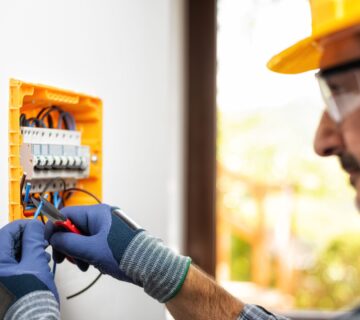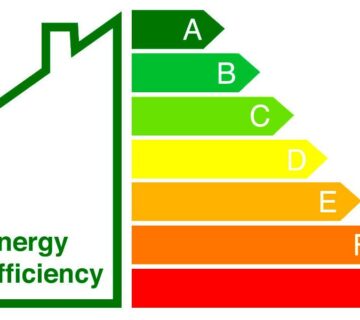Being a landlord comes with its own set of responsibilities, and navigating the legal landscape is crucial to ensuring a smooth and lawful tenancy. Whether you’re a seasoned landlord or just starting out, understanding your legal obligations is essential. In this guide, we’ll break down key aspects of UK landlord law to help answer the common question: “What do I need to do legally as a landlord?”
- 1. Know Your Responsibilities: Being a landlord isn't just about collecting rent. Familiarise yourself with the legal responsibilities you have towards your tenants. This includes providing a safe and habitable living environment, maintaining the property, and respecting your tenant's privacy.
- 2. This is list itemTenant Screening: Before entering into a tenancy agreement, it's crucial to conduct thorough tenant screening. This helps ensure that you're selecting reliable tenants and complying with anti-discrimination laws. Be aware of the Equality Act 2010, which prohibits discrimination based on characteristics such as age, gender, race, or disability.
- 3. Tenancy Agreement: Drafting a comprehensive tenancy agreement is a fundamental step. Clearly outline the terms and conditions of the tenancy, including rent amounts, payment schedules, and any specific rules or regulations. This document should comply with the Assured Shorthold Tenancy (AST) rules.
- 4. Deposit Protection: In the UK, landlords are legally required to protect their tenants' deposits in a government-approved deposit protection scheme. Failure to comply can result in fines and legal complications. Provide tenants with information about how their deposit is protected within 30 days of receiving it.
- 5. Gas Safety: Ensure that all gas appliances in the property are checked annually by a Gas Safe registered engineer. Provide tenants with a Gas Safety Certificate before they move in and within 28 days of each annual check.
- 6. Electrical Safety: As of 1st July 2020, landlords are required to have the electrical installations in their properties checked by a qualified electrician at least every five years. Provide tenants with a copy of the Electrical Installation Condition Report (EICR).
- 7. Energy Performance Certificate (EPC): Before renting out a property, obtain an EPC, which provides information about a property's energy efficiency. This document must be provided to tenants, and it's also a legal requirement for advertising the property.
- 8. Right to Rent Checks: Verify the immigration status of your tenants before the tenancy begins. Conducting right to rent checks helps ensure that your tenants have the legal right to live in the UK.
- 9. Repairs and Maintenance: Keep the property in good repair and address maintenance issues promptly. Failure to do so may result in legal action from tenants. Regular property inspections can help identify and address issues before they become major problems.
- 10. Eviction Procedures: In the unfortunate event that you need to evict a tenant, familiarise yourself with the legal eviction procedures. Ensure you follow the correct steps, and be aware of the grounds for eviction as outlined in the Housing Act 1988.



